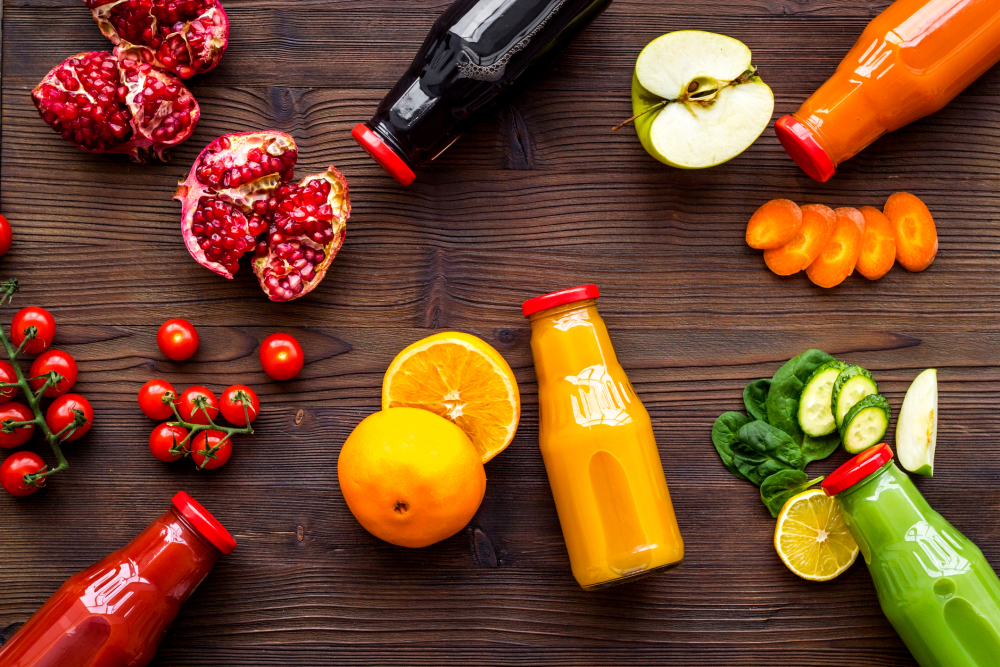
Navigating Diverse Bottling Standards
Understanding the nuances of different bottling standards is crucial. Conventional, organic, kosher, and halal procedures each have their unique requirements and certifications. Here we demystify these processes, helping both manufacturers and consumers appreciate the care and precision that goes into every bottle.
 Conventional Bottling: Conventional bottling is the standard process used in most beverage co-packing facilities. It may involve the use of preservatives and other additives to enhance flavour and prolong shelf life. The focus here is on efficiency and cost-effectiveness, using methods that are widely accepted in the industry. However, this process may include the use of chemicals and processes that are not permitted in organic, kosher, or halal bottling.
Conventional Bottling: Conventional bottling is the standard process used in most beverage co-packing facilities. It may involve the use of preservatives and other additives to enhance flavour and prolong shelf life. The focus here is on efficiency and cost-effectiveness, using methods that are widely accepted in the industry. However, this process may include the use of chemicals and processes that are not permitted in organic, kosher, or halal bottling.- Organic Bottling: Organic bottling procedures adhere to strict guidelines to ensure that the end product is free from synthetic additives, pesticides, and genetically modified organisms (GMOs). Co-packers must use organic-certified ingredients and avoid cross-contamination with non-organic products. This process often involves more stringent cleaning protocols and segregation of organic and non-organic production lines to maintain the integrity of the organic certification.
- Kosher Bottling: Kosher bottling requires adherence to Jewish dietary laws. This includes the use of kosher-certified ingredients and the avoidance of any contact with non-kosher substances. Kosher certification agencies often inspect and supervise production to ensure compliance. Equipment used for kosher production may need to be exclusively dedicated to kosher products or undergo a kosherization process between uses.
- Halal Bottling: Halal bottling follows Islamic dietary guidelines. It mandates the use of halal-certified ingredients and prohibits any contact with haram (forbidden) substances such as alcohol and certain animal-derived ingredients. Halal certification bodies may require regular audits and ensure that the entire supply chain, from sourcing ingredients to the bottling process, complies with halal standards.
The bottling process at a co-packing facility varies significantly depending on whether the product is conventional, organic, kosher, or halal. Each standard has its specific requirements and challenges, reflecting diverse consumer needs and cultural practices. By understanding these differences, co-packers can better cater to a wide range of markets, and consumers can make more informed choices about the products they consume.
